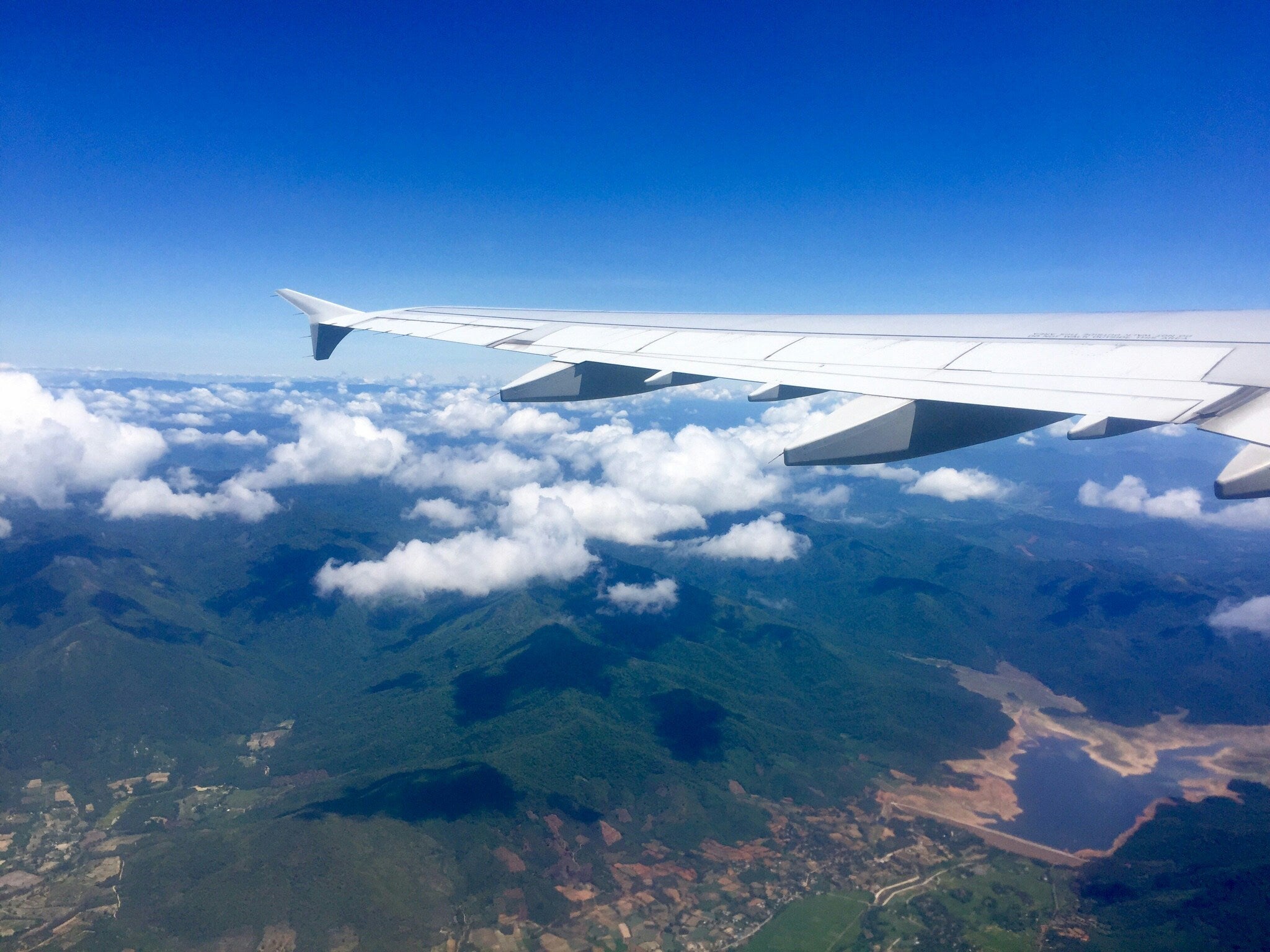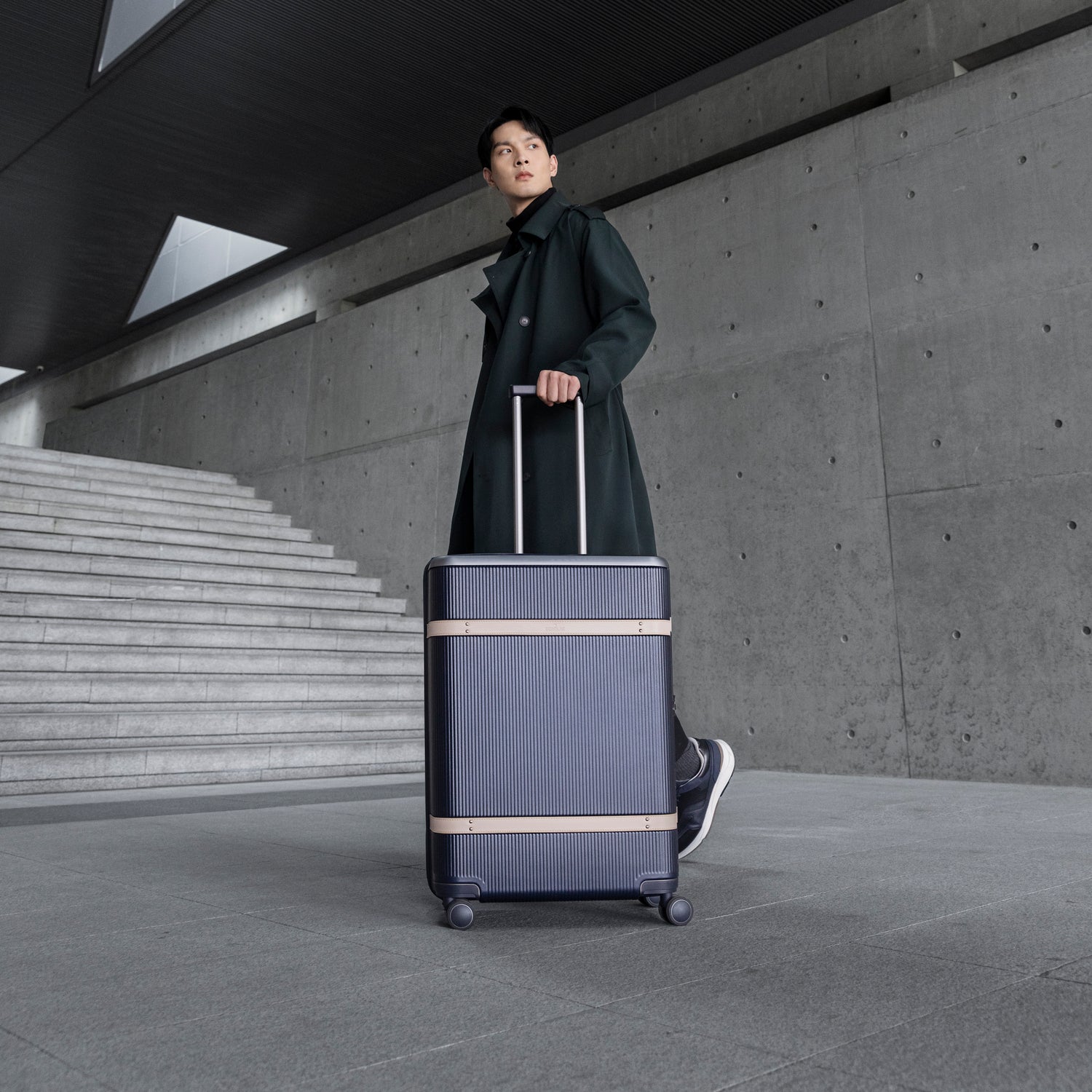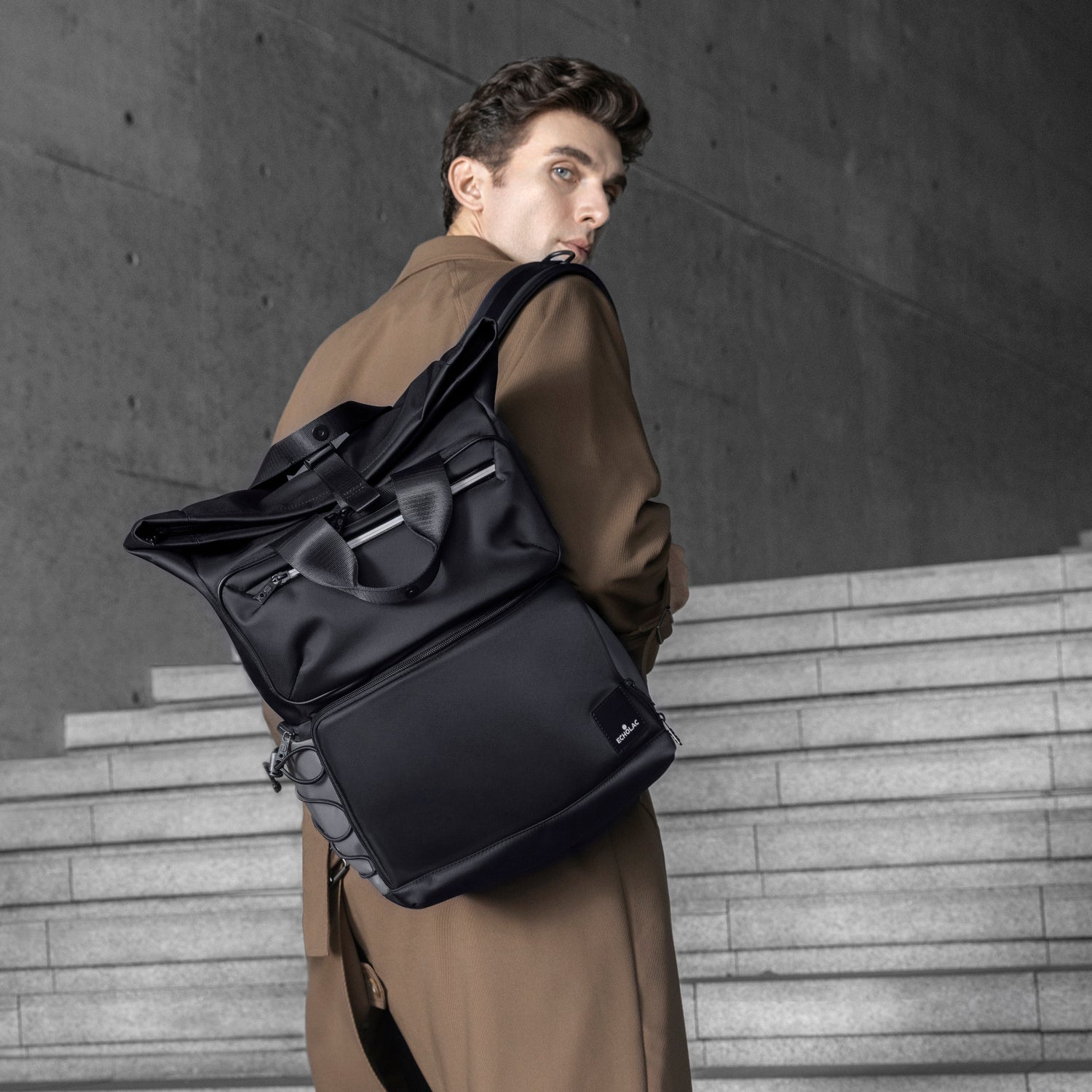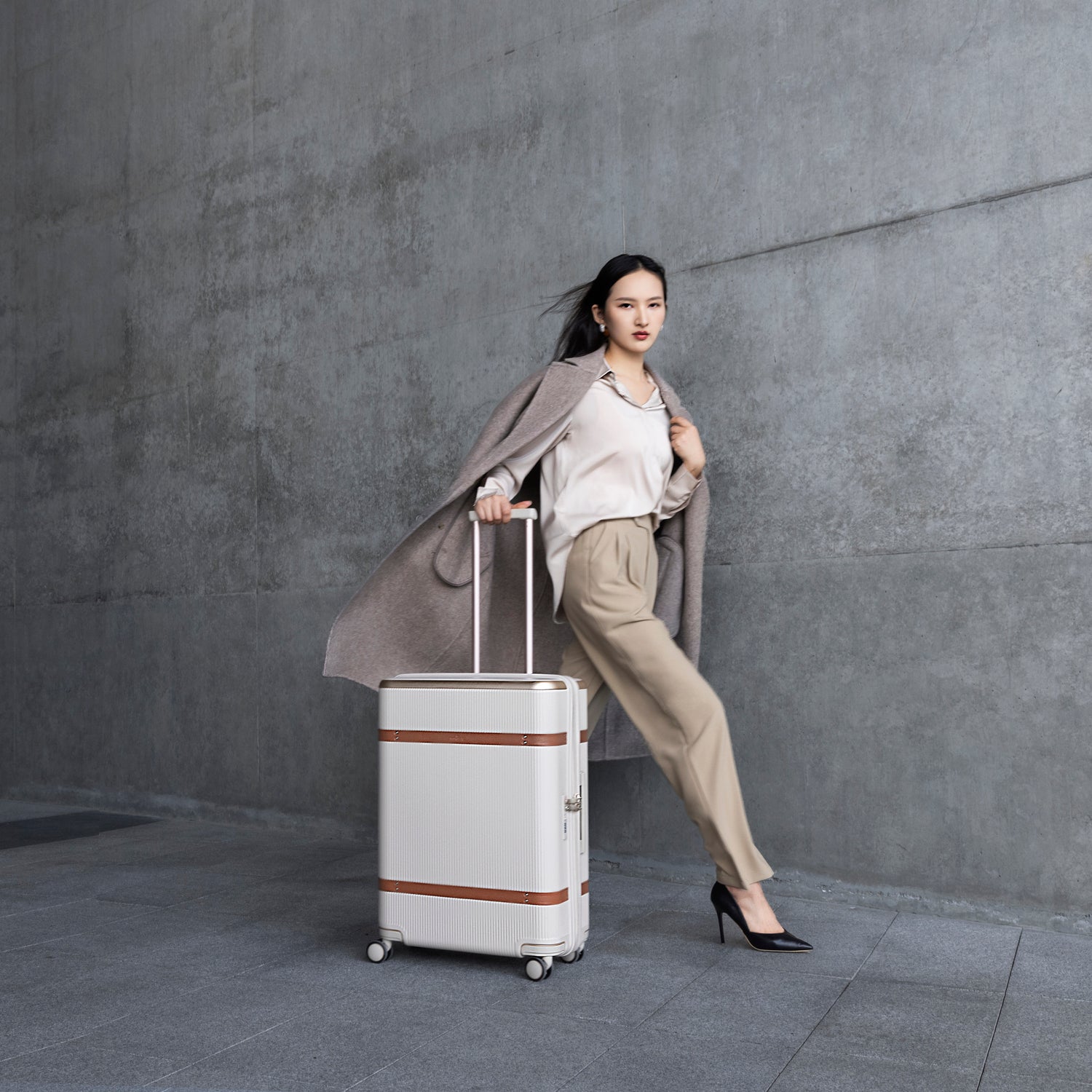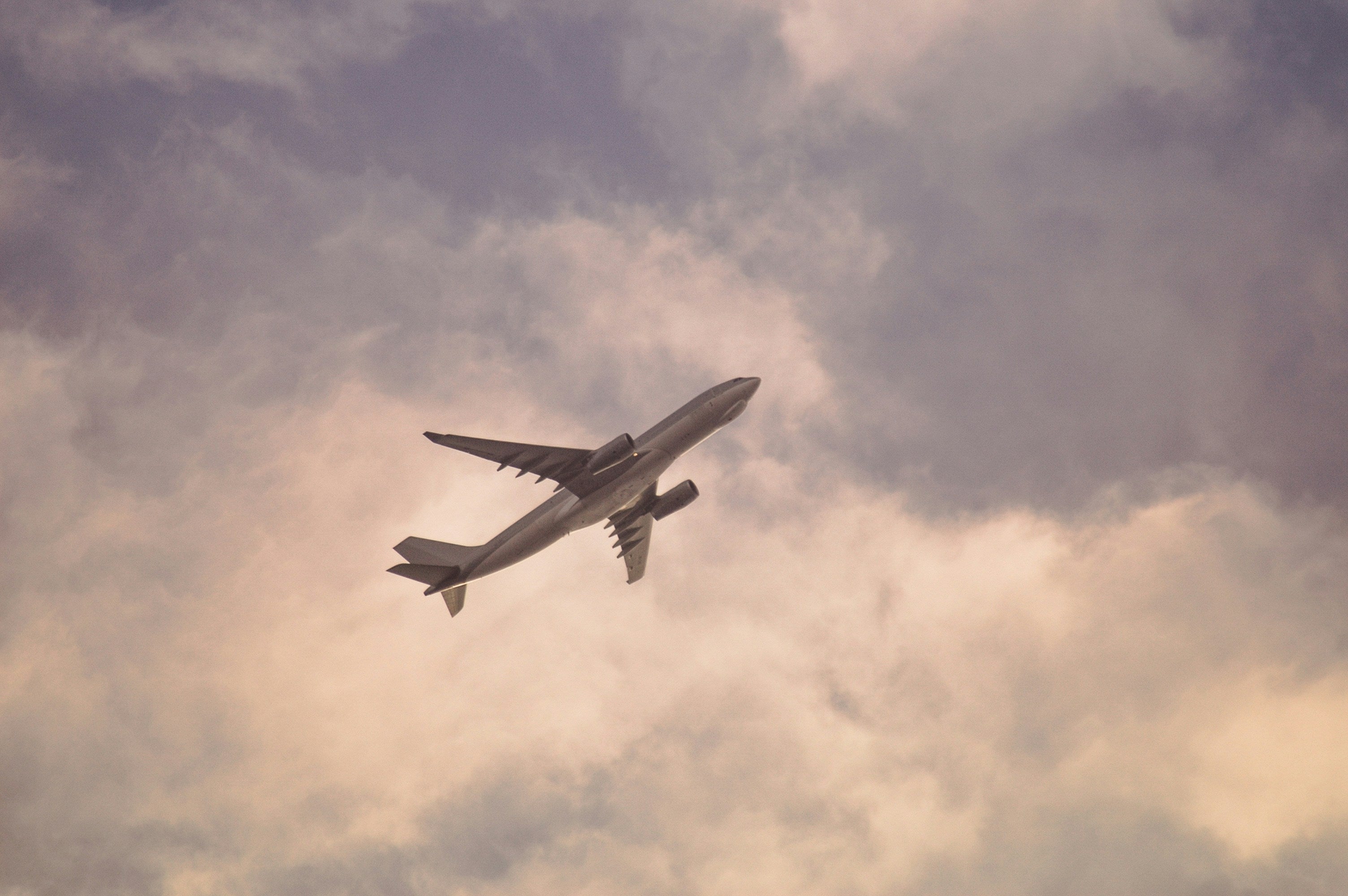
What Can’t You Pack in Your Suitcase When Flying?
Planning a trip can be exciting: packing your suitcase, remembering all the essentials, and looking forward to your upcoming vacation. However, when flying, there are several rules and regulations about what can—and cannot—be packed in your suitcase. These regulations are not just a nuisance but are often a matter of safety. In this article, you will learn which items should never be packed in your suitcase and how to ensure a smooth travel experience.

1. Dangerous Goods and Explosive Materials: Strictly Prohibited
A particularly important aspect of airport security checks is the handling of hazardous materials. Explosive and flammable items are prohibited from being brought onto an aircraft for good reason. These include:
- Fireworks: Firecrackers, sparklers, and other pyrotechnics are not allowed in either hand luggage or checked luggage. They pose a significant risk to flight safety.
- Aerosols and Gases: Aerosols like deodorants or hairsprays can be carried in limited quantities in hand luggage and checked luggage, provided they are in commercially available sizes and for personal use. Gas cylinders, camping stoves with fuel, or compressed air containers are absolutely prohibited.
- Matches and Lighters: While a simple lighter is generally allowed in hand luggage, matches and gas lighters are strictly prohibited in checked luggage. Some airlines allow a single disposable lighter in hand luggage, provided it is carried separately. However, multiple lighters or matchboxes are not permitted.
Explosive substances such as ammunition and fireworks are strictly prohibited in any form. Even small amounts of these dangerous goods can result in a flight ban and legal consequences.
2. Liquids: Pay Attention to Hand Luggage Restrictions
Another key point is liquids. Many travelers are familiar with the “100-ml rule” for hand luggage: liquids, gels, and creams may only be carried in containers with a maximum capacity of 100 milliliters. These must be packed in a clear, resealable one-liter plastic bag.
But what about liquids in checked luggage? In principle, larger quantities of liquids like shampoo bottles, wine bottles, or cosmetic products can be carried in checked luggage. However, there are also restrictions here:
- Hazardous Liquids: Flammable liquids such as gasoline, paints, solvents, or alcohol with more than 70% alcohol content are prohibited in both hand luggage and checked luggage. These substances are classified as dangerous goods and can create hazardous situations on board.
- Drinks and Alcoholic Products: Alcoholic beverages with less than 70% alcohol can be transported in limited quantities in the suitcase. Many airlines allow up to five liters per person, provided the bottles are securely packed. High-proof alcohol is generally prohibited.
3. Valuables and Electronics: Belong in Hand Luggage
Valuables such as laptops, tablets, smartphones, cameras, and jewelry should always be transported in hand luggage. Important travel documents, cash, credit cards, and medications should also never be placed in checked luggage. The reason is not just the risk of theft but also the possibility of lost luggage.
Additionally, lithium-ion batteries commonly used in electronic devices are prohibited in large quantities in checked luggage. These batteries can ignite if damaged, posing a significant safety risk. Small devices like smartphones, tablets, and laptops are allowed in checked luggage, but spare batteries should be packed separately and securely to prevent damage in cabin luggage.
4. Food: Be Cautious with International Travel
When traveling abroad, especially with food, strict regulations often apply. Many countries have strict import restrictions for certain food items such as meat, dairy products, fruits, vegetables, and plants. These rules are intended to protect local agriculture and prevent diseases.
- Fresh Food: In many cases, fresh food, particularly meat and dairy products, is either prohibited in checked luggage or subject to import restrictions. For international flights, it is essential to check the customs and import regulations of your destination country in advance.
- Alcoholic Beverages and Specialties: Local specialties and alcoholic beverages can generally be carried in limited quantities in your suitcase. However, the aforementioned restrictions on alcohol content apply to high-proof spirits.
- Duty-Free Food: Food purchased in duty-free shops is usually allowed in your luggage. However, be aware that restrictions may still apply when entering certain countries.
5. Weapons and Sharp Objects: Absolutely Prohibited
Weapons and sharp objects are a strict no-go on flights. This includes not only firearms but also:
- Knives, Scissors, and Razors: These items are not allowed in hand luggage or checked luggage if they exceed a certain blade length. Small pocket knives or nail scissors may sometimes be transported in checked luggage but should be securely packed.
- Sports Equipment: Items such as golf clubs, baseball bats, hiking poles, and other bulky or heavy sports equipment can be transported in checked luggage but are not allowed in hand luggage. Some airlines require special registration and packaging for such items.
- Self-Defense Devices: Pepper spray, tasers, and other self-defense tools are generally prohibited in both hand luggage and checked luggage.
6. Medical Equipment and Medications: What’s Allowed?
Medical equipment and medications may be carried in hand luggage if needed during the trip. The 100-ml rule does not apply to liquid medications in hand luggage, but they must be presented separately during security checks.
- Medications: Prescription medications should be carried in their original packaging and accompanied by a doctor's note, especially if they include syringes or needles.
- Medical Devices: Devices such as inhalers, insulin pumps, or CPAP machines should be carried in hand luggage to ensure safe transport.
Conclusion
When packing your suitcase for a flight, it is essential to know the security and import regulations. Explosive and flammable substances, high-proof liquids, weapons, and electronic devices with large batteries should never be packed in checked luggage. Valuables and medications should always be in hand luggage, while certain food items are subject to strict import regulations on international flights.
Proper preparation is key to avoiding problems at security or customs. Therefore, familiarize yourself with the regulations of your airline and destination country in advance. This way, you can enjoy a smooth and stress-free journey.



